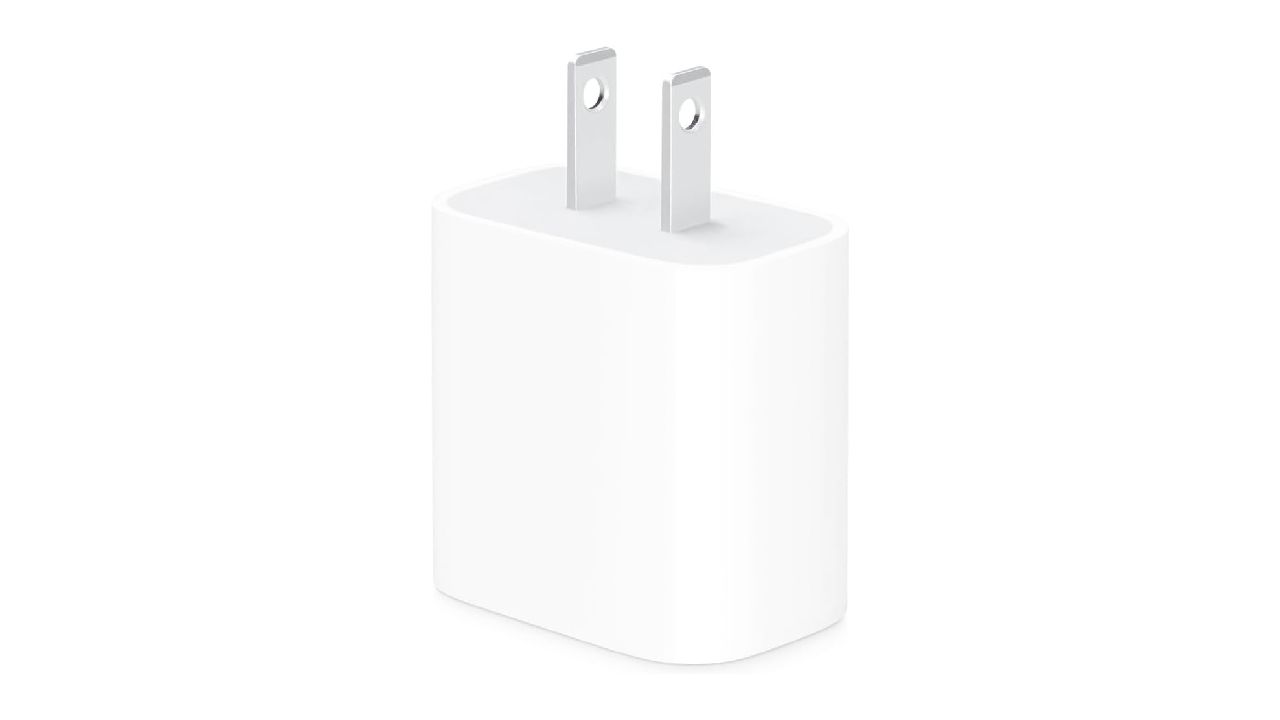Mortgage Language for all new or old home buyers in 2013
This is my second blog on mortgage; in the first blog we see how we all can save money. In this blog you will see ABC about mortgage. If know more about type of mortgage, you will save more and nobody can advise you wrong.
Whether you're purchasing your first home, upgrading to a larger home, downsizing or relocating, if you need a mortgage, chances are you'll come across some if not all of the following terms. Given that a mortgage is a long term commitment, it's best you understand the terminology used when shopping for your mortgage as you'll have to live by the terms of your mortgage for years to come.
What is Mortgage?
A mortgage is a loan you take out to buy property. The property is used as collateral to ensure that the amount borrowed is paid back.
Mortgage rate
When you take out a mortgage, you are borrowing money from a lender. The mortgage rate is the percentage interest you will pay back on top of the money you borrowed.
Closed mortgage
A mortgage which cannot be fully prepaid, renegotiated, or refinanced before the mortgage term reaches full maturity without some sort of additional charges (e.g. three months’ worth of interest). Interest rates for a closed mortgage are typically lower than the rates offered for an open mortgage.
This might not be as stringent as it sounds. Many closed mortgages will allow you to increase your monthly payments or make lump sum payments once a year up to a certain percentage of the mortgage without penalties and/or other charges.
Amortization
The number of years it would take you to fully repay your mortgage based on a set number of fixed payments. Amortization periods in Canada can range from 1 to 30 years. This is different than the mortgage term.
Convertible mortgage
A convertible mortgage offers you the option to convert your shorter term closed mortgage into a longer term closed mortgage at any time without any prepayment charges.
Down payment
The amount of money you put down upfront towards the purchase of your home, which then influences the amount of mortgage loan you require.
Fixed rate mortgage
The interest rate for a fixed rate mortgage will not fluctuate. It is set, and will not change for the entire term of the mortgage.
High ratio mortgage
A mortgage loan when you have less than 20% for a down payment towards the purchase of the property. Or, alternately a mortgage loan for an amount that is more than 80% of the value of the property.
Mortgage term
The term of the mortgage is the length of the loan. This is different than the amortization period. A Canadian mortgage is usually amortized over a period of up to 30 years, with a shorter term (usually 1 to 10 years). At the end of the mortgage term, the remaining balance of the principal (amount of money borrowed) can either be repaid or a new mortgage agreement can be arranged at a new interest rate.
Open mortgage
An open mortgage can be prepaid, in part or in full, at any time during the mortgage term, without the penalties associated with a closed mortgage. Interest rates for an open mortgage are typically higher than the rates offered for a closed mortgage.
Prime lending interest rate
The interest rate a lender uses as a base to calculate interest rates for mortgages and other loans. Canadian financial institutions usually adjust their prime interest rate at the same time, following the Bank of Canada's announcements for changes to the key overnight interest rate.
Principal
The amount of the loan owed at any specified time, not including interest.
Variable rate mortgage
A variable rate mortgage is a mortgage where the interest rate fluctuates according to changes in the prime lending rate. The payments for a variable rate mortgage do not fluctuate with the fluctuation of the interest rate. Instead, if interest rates go down, more of the payment is applied to reduce the principal; if rates go up, more of the payment is applied to payment of interest.
You can also find some good Free Mortgage Payment Calculator in this website…
